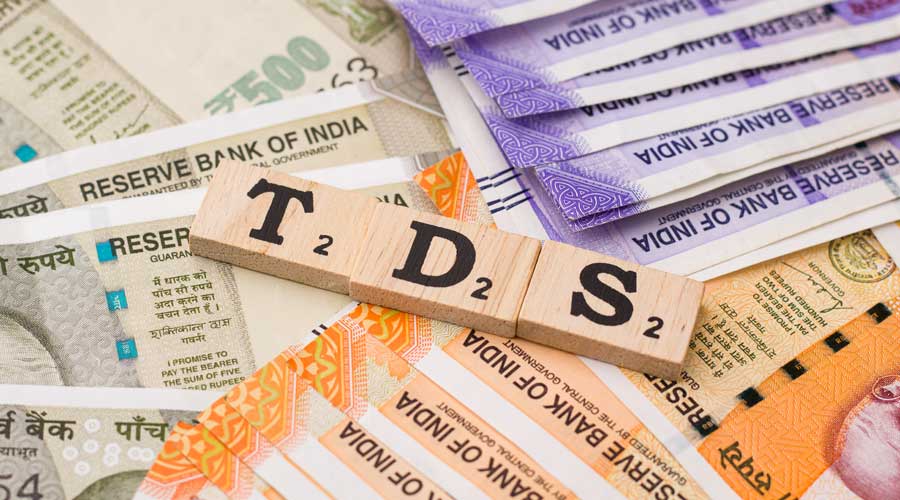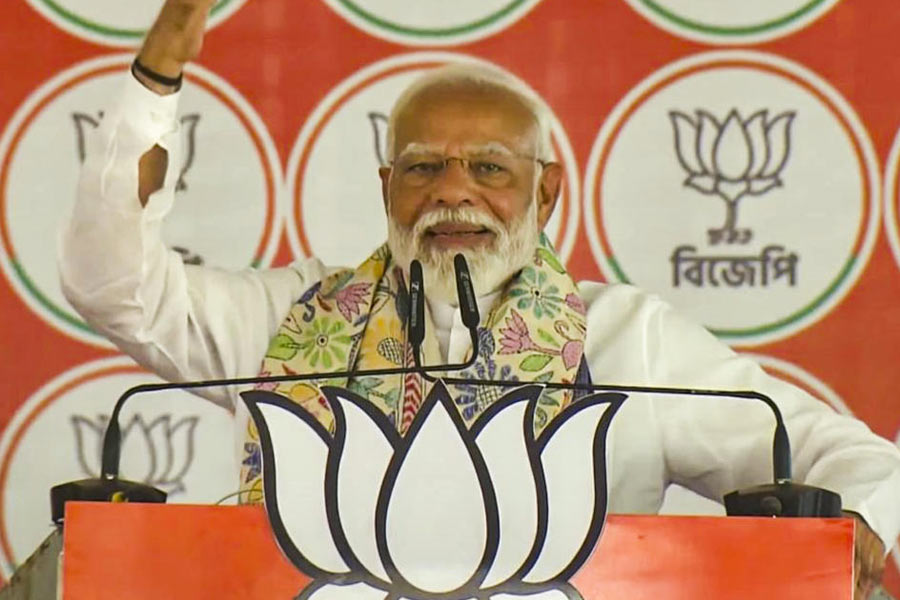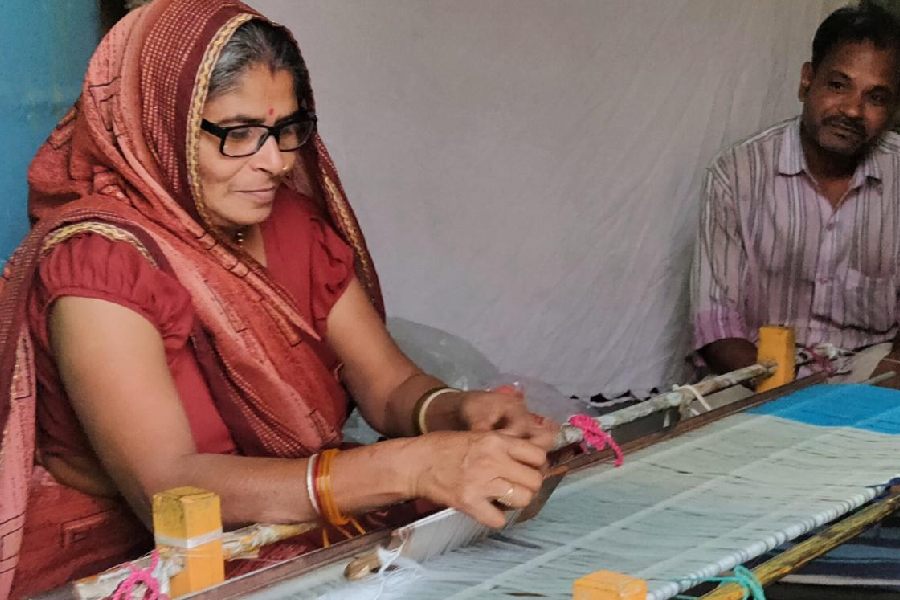The Finance Act 2022 stirred a hornet’s nest by inserting section 194R in the Income Tax Act, 1961 with effect from July 1 casting responsibility on the provider of any benefit or perquisite (aggregate annual value exceeding Rs 20,000) to a resident in the course of business or profession, to deduct tax at the rate of 10 per cent before providing such benefit or perquisite.
In other words, business gifts, perquisites and incentives shall now be liable to TDS, which otherwise were not being offered to tax by the recipient, such as distributors, dealers, masons and influencers.
The applicability of TDS will enable the I-T authorities to gather more information and widen the tax base. The aggregate annual threshold of Rs 20,000 is to be considered for the entire FY 2022-23 with effect from April 1. However, TDS liability will trigger only on the benefit or perquisite provided on or after July 1, 2022.
The Central Board of Direct Taxes (CBDT) has now issued guidelines on section 194R providing clarifications to the practical challenges that the taxpayers face caught in the middle of a TDS conundrum. Industry is apprehensive about whether the TDS provisions were applicable to benefits or perquisites provided in cash. The CBDT has settled the controversy and clarified that TDS shall apply to all modes of providing benefit or perquisite, whether in cash or kind or partially in cash and kind.
This makes it simpler for industry to provide benefits or perquisites in cash since TDS can easily be deducted on cash payments. However, benefits/perquisites in kind such as gift vouchers, white goods, brown goods, gold coins, and free tickets raise inherent challenges as the provider shall either have to bear the TDS liability itself or ensure that proper taxes have been paid by the beneficiary. Further, it casts an additional responsibility on the provider to maintain proper documentation in respect of each beneficiary. Discounts and rebates are the most common form of benefit given to the dealers/ customers in various businesses.
The CBDT has given a breather to the industry by excluding discounts, and rebates from the purview of benefits/ perquisites. One of the grey areas was the liability of the benefit provider in case the ultimate benefit is received by an employee of the dealer or their family members. It has been clarified that tax shall be deducted in the name of the dealer irrespective of the utilisation of such benefit/perquisite. This would result in TDS credit and corresponding income as per Form 26AS in the name of the dealer. TDS on dealer conferences and seminars was another hotly debated issue within industry, which has now been put to rest.
Business conferences organised with the prime object of educating dealers/customers about new products, sales techniques and other similar business-related objectives have been excluded from the purview of TDS liability. However, expenses on prior stays or overstay beyond the dates of business conferences continue to attract perquisite TDS. It is a general practice to travel before the date of the seminar. This may lead to levying TDS on expenses which have been incurred on a business trip on days other than the date of the seminar and also cause practical difficulties while splitting the value. Further, leisure trips and trips with the family shall also fall within the purview of perquisite tax deduction at source.
The upcoming social media influencer industry has been granted relief from perquisite TDS in cases where the goods given to them as a part of branding or marketing exercise are returned by them.










